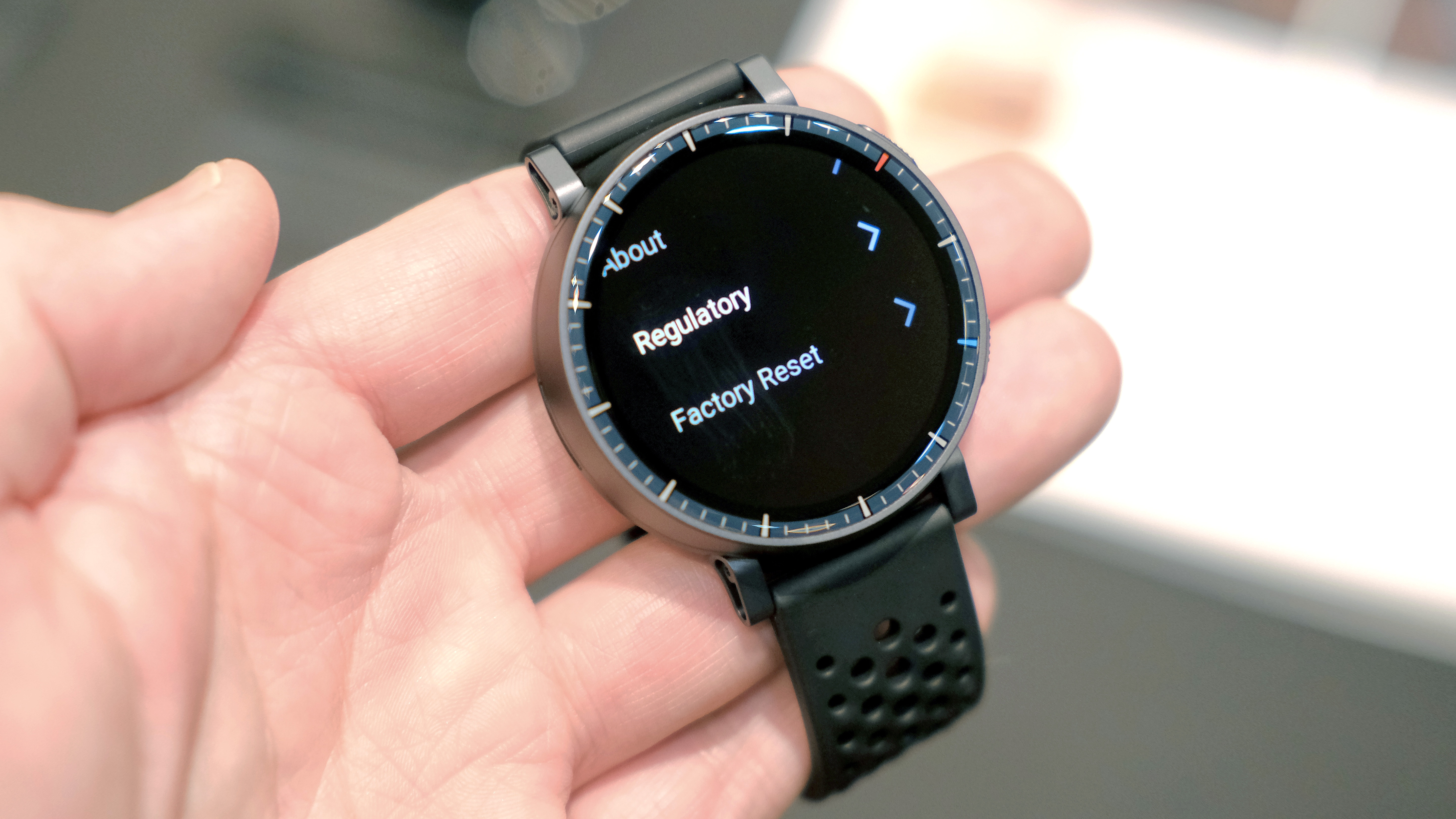Black Mirror Season 4 Review Roundup: Binge It or Just Go to Therapy?
The reviews are in, and with a few exceptions, Season 4 seems to be more of the same from Black Mirror — and that's mostly a good thing.
Black Mirror, the dystopian British sci-fi anthology show, has always appealed to our darkest impulses, and we've always loved it anyway.
The show revels in showing us how the technology we trust, rely on and even love can betray us when we need it most. Season 1 took aim at the mass media; Season 2 toyed with our rampant consumerism; and Season 3 explored what happens when we let tech define our ethics.
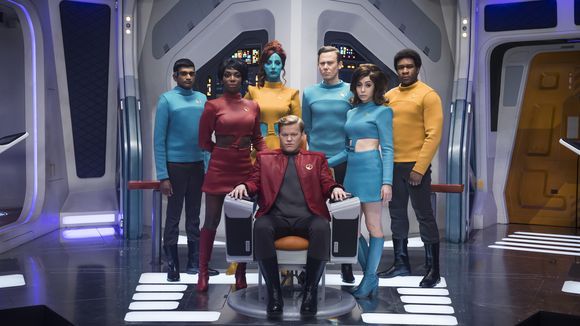
Now, Season 4 is available on Netflix, and the reviews are in: It's ambitious, thought-provoking and maybe even a little more optimistic than you might expect. Critics enjoyed Black Mirror's mix of plausible sci-fi ideas mixed with stylized storytelling and a smattering of dark humor. In particular, they enjoyed U.S.S. Callister: a Star Trek homage that touches on the troubling trend of modern-day misogyny.
However, it suffers from some of the same problems as its predecessors: Namely, lead characters who aren't interesting, a bit of pretentiousness and an attitude that future tech will just exacerbate modern-day problems, rather than bring about new ones.
In other words: It's more Black Mirror, and that's mostly a good thing.
The Atlantic

Sophie Gilbert reviewed Black Mirror Season 4 for The Atlantic, and found that it had something the previous seasons lacked: a "unifying theme." All of the episodes explored digital consciousness, but she argued that the interesting stories didn't excuse some of the weaker script elements.
The Good
Get instant access to breaking news, the hottest reviews, great deals and helpful tips.
"For the first time the dystopian speculative anthology series takes its manifold anxieties about humanity’s future and smooshes them together into a single thematic tube."
"Black Mirror is equipped with extravagant imagination when it comes to the human race."
MORE: Every Black Mirror Episode, Ranked
The Bad
"The show’s confluence around the question of digital consciousness feels similarly futile. It’s fascinating to see all these threads come together, but it would be even more so if they formed something of substance."
"Worldbuilding is its biggest strength, which is why it would be so gratifying to see the show’s ambitions on that front. The locale of “Crocodile,” for example, is chilly, meticulous, and carefully constructed, making the episode’s weak characterization even more maddening."
The Guardian
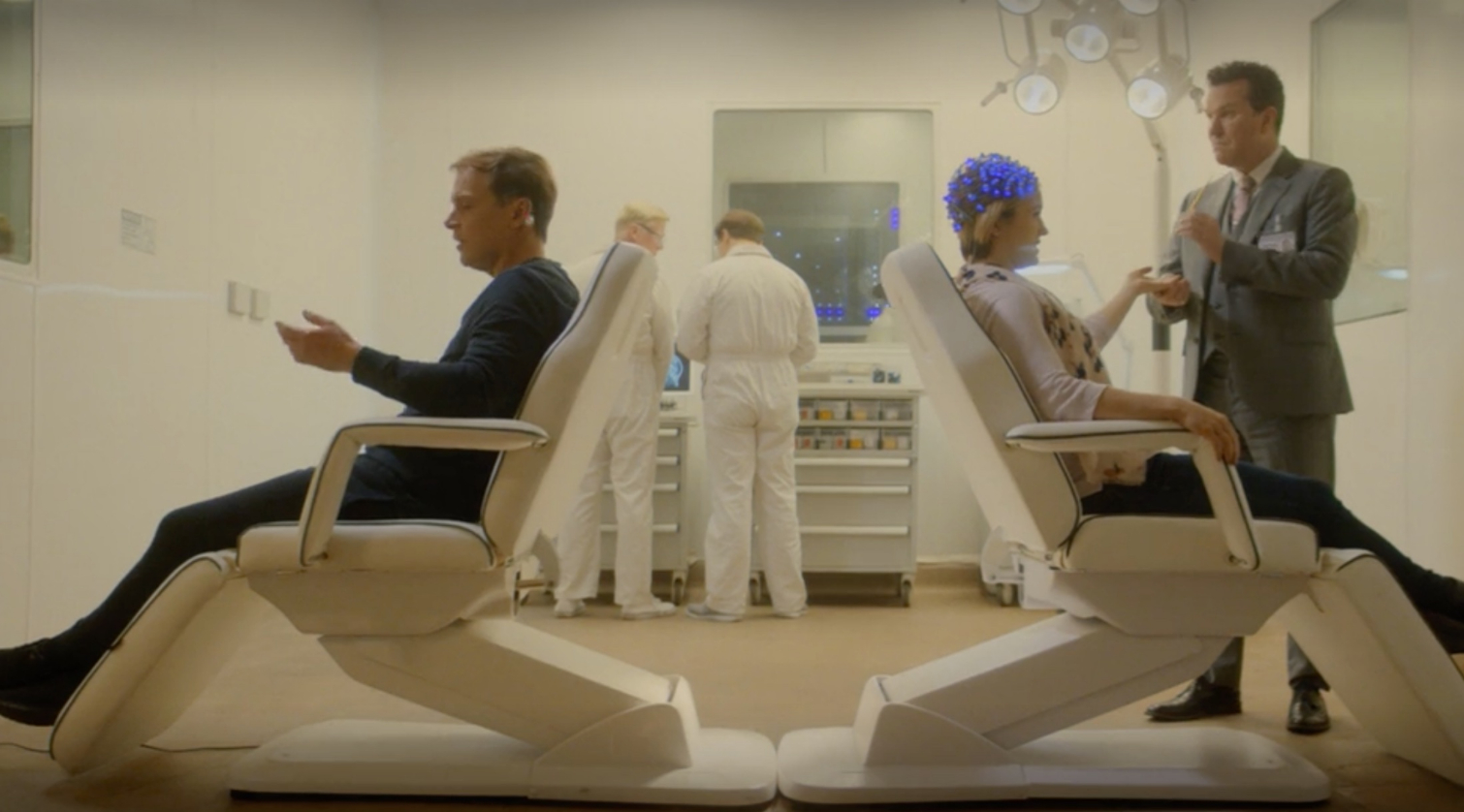
At The Guardian, Rebecca Nicholson gave Black Mirror Season 4 — appropriately enough — four stars out of five. She appreciated that the episodes are more cinematic than ever before, and that it's still food for thought wrapped up in a very entertaining TV package. Like some other reviewers, though, she's beginning to find the twists tiresome.
The Good
"Charlie Brooker’s series returns for another six episodes, each of which is regally confident and more cinematically ambitious than almost anything the show has done before."
"What’s going on in the hyper-stylised, darkest timeline Star Trek-ish world of USS Callister is revealed fairly quickly, but it more than justifies its bumper length, finding tension in cruelty and thrills in adventure, and it is the neatest and most satisfying of the bunch."
The Bad
"At its rare weak moments, Black Mirror can have a tendency to favour the shock of the very worst outcome over subtlety, dredging the floors of human nature at its most horrible."
"The initial scenes [in the final episode] are a true treat for fans, who may wish to play spot-the-tech for devices that have appeared in the past, though I wasn’t sold on the final act, which seemed to retread old ground."
MORE: 30 Best Netflix Movies to Stream Now
Time
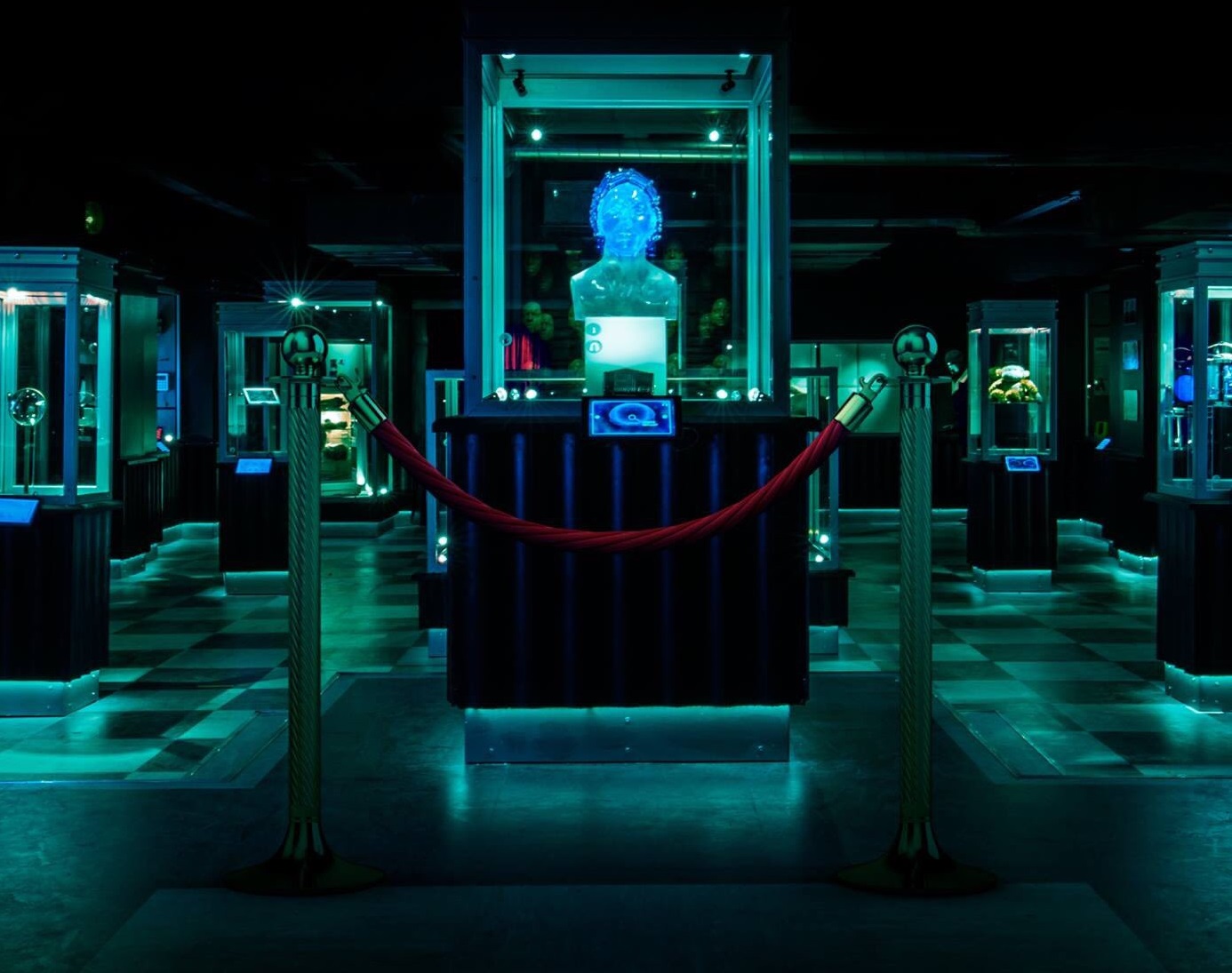
For Time Magazine, Daniel D'Addadrio sat through Black Mirror Season 4, and wasn't as enamored with it as some of his contemporaries. Black Mirror has slick production values and clever ideas, he argued, but the nightmares it conjures up can't quite keep pace with real life.
The Good
"[U.S.S. Callister] makes the universe of Black Mirror seem more ambitious, and not merely because its characters are hurtling through space. It works because the show’s verve and its anger are reserved for something that’s happening right now—something that viewers understand as a threat more potent than imagined mechanical predators or mind-controlling implants."
"The season has bright spots: An episode about a dating technology whose control over its users can’t seem to erase the possibility of a real connection, scans a bit like an attempt to repeat the success of the dating-in-virtual-reality opus 'San Junipero.'"
The Bad
"Sci-fi can serve as an escape when the future feels dark, but it can also seem a bit frivolous when its aperture is narrow … In the end, these stories end up seeming both more scolding than ever and perversely assuaging."
"If the show wants to position itself as entirely of the moment, it has more work to do in meeting its viewers where they are, at a place where concern over what we’re doing to each other extends beyond implanted brain-modification technologies—and beyond the individual."
MORE: Best (and Worst) Cable-Replacement Services
Vanity Fair
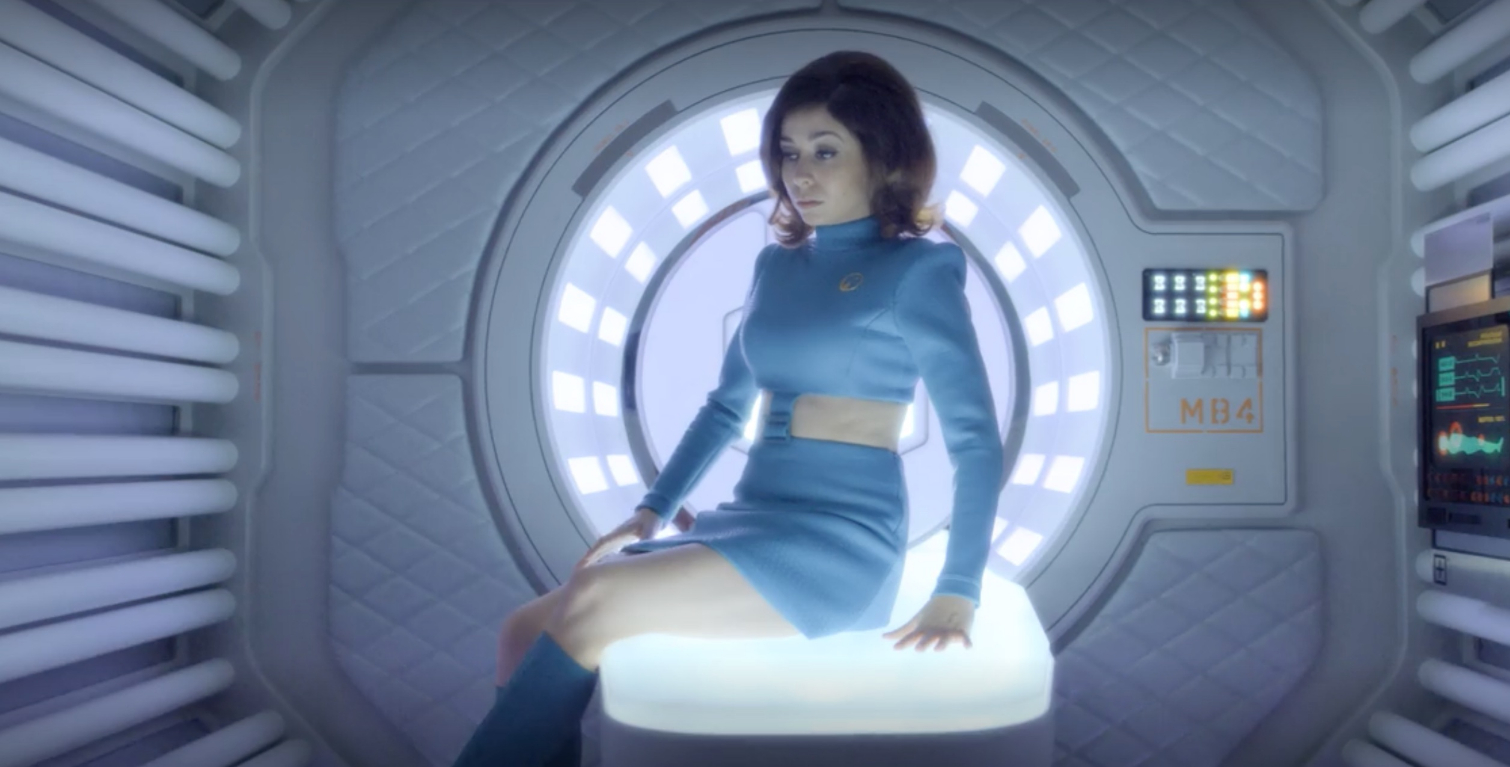
At Vanity Fair, Emma Stefansky appreciated that Black Mirror was willing to give viewers a few rare, coveted happy endings this season. On the other hand, she said that some of the episodes were retreading old ground, and returning fans may already know what to expect.
The Good
"It’s even more surprising, then, when Black Mirror gives us something truly unexpected: a happy ending … And perhaps most shockingly of all, these are the episodes that stand out from the pack, taking Black Mirror in exciting new directions."
"These payoffs are exhilarating—but they wouldn’t pack such a punch if they hadn’t come after three seasons of really-makes-you-think thought experiments that coaxed humanity’s darkest sins into the light."
The Bad
"Half of this season falls into that same predictable format … Each of these episodes provides an interesting situation to mull over—but by the end, we’re de-sensitized to the disappointment prompted by downer ending after downer ending."
"More broadly, giant plot twists have become such a norm that they’re becoming impossible not to spot."
Vox
Aja Romano at Vox admitted that Black Mirror can be over-reliant on last minute tricks, but maintains that the show is much less nihilistic than it seems at first. She enjoyed Season 4's flirtations with optimism, but didn't love every episode.
The Good
"As a storyteller, Brooker is at his best when he allows his humanity to guide him and his audience toward places of hope — even if those moments are brutally short-lived in favor of his reliance on darkly ironic endings."
"As Black Mirror is eager to remind us, the possibility of seeing humanism, not nihilism, succeed is why we keep tuning in. Anyone who knows what love is can understand."
The Bad
"[Black Mirror is] an attempt to say Important Things about our technological future, but mostly serves as window dressing for nihilism, at the expense of viewers’ common sense — and perhaps even our common decency."
"Ultimately, Black Mirror, like so many kinds of similar entertainment, enjoys itself and its own cleverness too much to succeed as a serious morality tale."
Photos Credit: Netflix

Marshall Honorof was a senior editor for Tom's Guide, overseeing the site's coverage of gaming hardware and software. He comes from a science writing background, having studied paleomammalogy, biological anthropology, and the history of science and technology. After hours, you can find him practicing taekwondo or doing deep dives on classic sci-fi.
